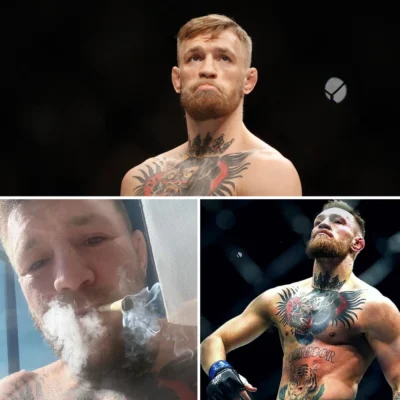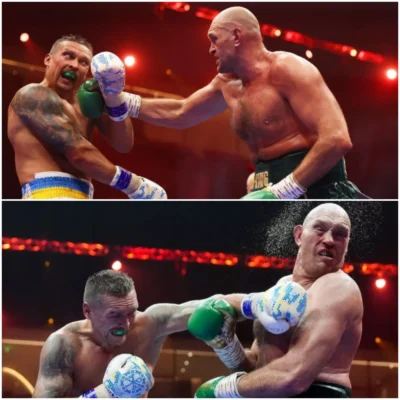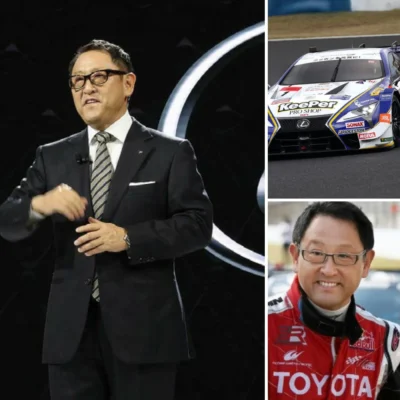The Outcome of Kanye West’s Lawsuit Against Adidas Seeking $250 Million
Kanye West has quietly concluded a two-year legal battle with Adidas after the brand severed its partnership with him. On October 29, Bjørn Gulden – the CEO of Adidas – revealed that the two parties reached an out-of-court settlement. Gulden stated, “There are no unresolved issues anymore. And no money has been exchanged between the parties. We and Kanye are moving forward on our separate paths.”

Gulden explained that the tension between Adidas and Kanye West arose from a series of demands from both sides. However, in the end, both parties agreed that they did not need to continue fighting and withdrew all claims. The CEO affirmed that currently, neither West nor Adidas owes anything to the other.
Previously, Adidas ended its partnership with Kanye West in October 2022, following a series of controversial statements and actions by the designer. He even wore a T-shirt with the phrase “White Lives Matter” during a fashion show.
Before the fallout, Kanye West’s Yeezy product line was reported to account for nearly half of Adidas’s profits. After terminating the partnership, the company was left with approximately $1.3 billion worth of Yeezy inventory and has been working to sell off these products.

The partnership between Kanye and Adidas was valued at $1.5 billion within his overall net worth. When this deal collapsed, West’s billionaire status was also significantly impacted.
Since then, both parties have continually filed lawsuits against each other. In February, Kanye West stated that he was being sued by Adidas after the brand ended their partnership. He remarked, “Let me clarify what is happening with Adidas. They not only presented unapproved designs but also sued me for $250 million.”
West also accused Adidas of failing to pay for the shoes they produced under his name and claimed that the company used contractual terms and 50 years of business experience to “oppress a beloved artist in broad daylight.”














Post Comment